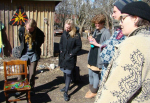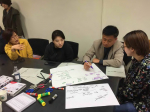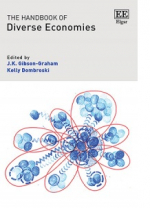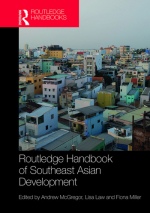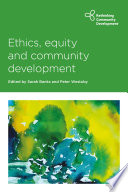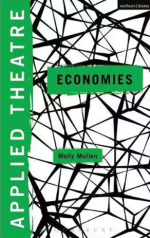Redrawing the Economy: Colombia Report
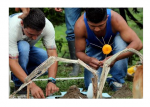
This report details the workshops conducted in Colombia as part of the Redrawing the Economy project. The workshops were conducted by one of the authors of Take Back the Economy, the translators of the Spanish version of Take Back the Economy, artists, and members of community economy initiatives from across Colombia.

